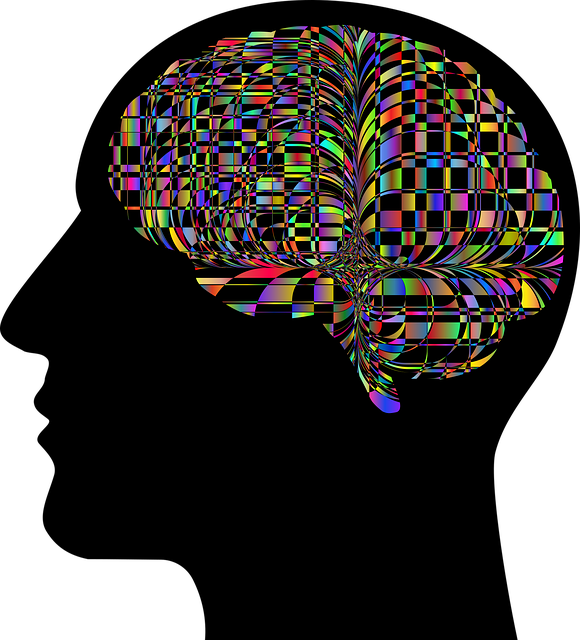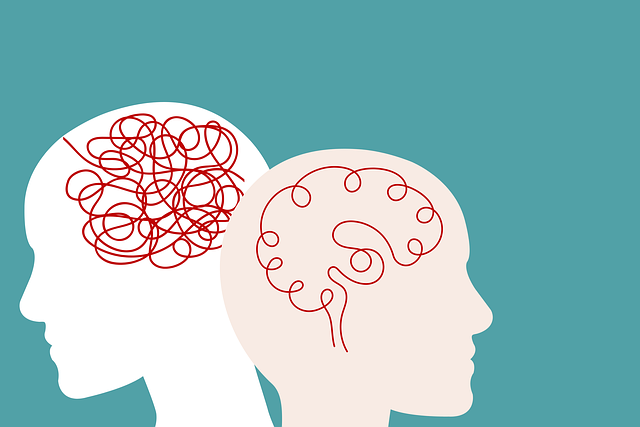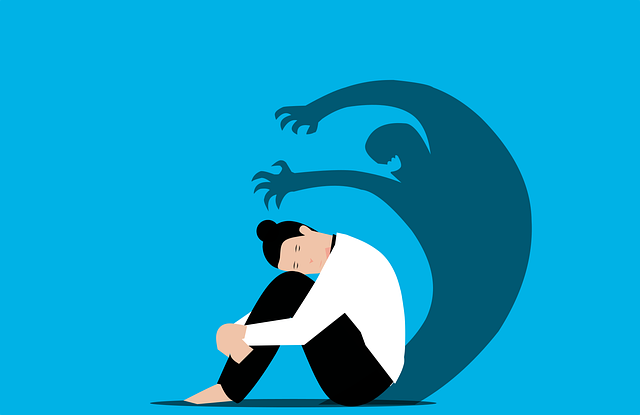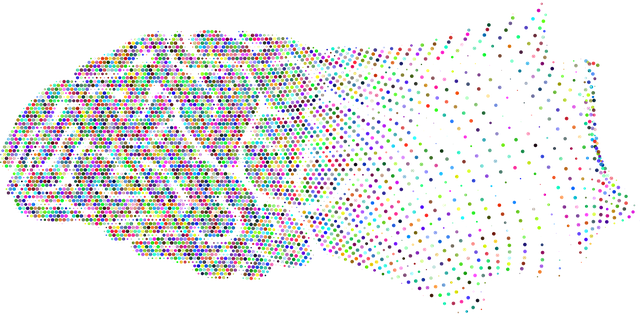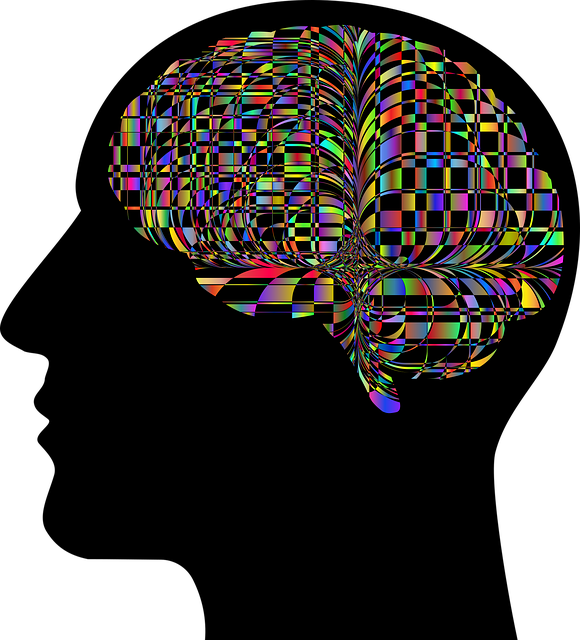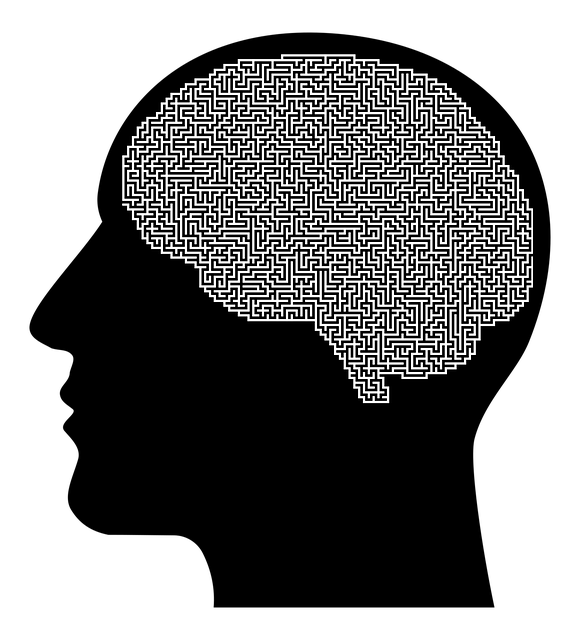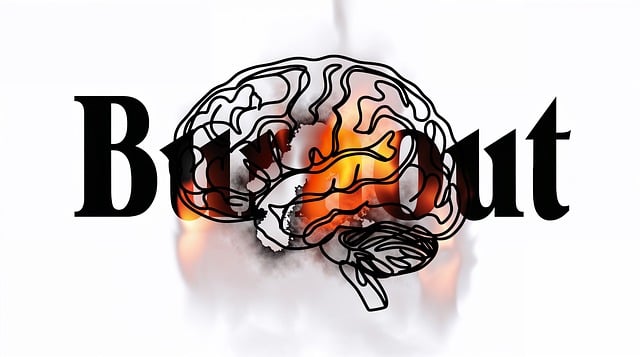Wheat Ridge Learning Disability Therapy offers tailored coping skill training to manage stress and challenges, especially for individuals with learning disabilities. Their expert therapists assess unique needs, providing personalized interventions like goal-setting, stress reduction techniques, and social skills training. With a focus on cultural sensitivity, they advocate for mental health education in communities and schools, promoting emotional well-being through resources like the Mental Wellness Podcast Series and Compassion Cultivation. The therapy equips clients with tools for trigger recognition, healthy coping mechanisms, and resilience-building, supporting both personal growth and healthcare provider wellness.
Coping skills are essential tools for navigating life’s challenges, especially for individuals with learning disabilities. At Wheat Ridge Learning Disability Therapy, we recognize that understanding and developing effective coping strategies can significantly enhance overall well-being. This article explores the importance of coping skills, offers tailored approaches for personal needs, provides practical strategies for development, and emphasizes the implementation of healthy mechanisms to foster resilience and adaptability.
- Understanding Coping Skills and Their Importance
- Identifying Individual Needs at Wheat Ridge Learning Disability Therapy
- Strategies for Effective Coping Skills Development
- Implementing and Maintaining Healthy Coping Mechanisms
Understanding Coping Skills and Their Importance

Coping skills are adaptive behaviors and strategies that individuals use to manage stress, overcome challenges, and maintain mental wellness. They play a pivotal role in navigating life’s ups and downs, especially for those with learning disabilities, as addressed by Wheat Ridge Learning Disability Therapy. Understanding and developing effective coping mechanisms is essential for fostering resilience and overall well-being. This process involves recognizing personal triggers, learning to regulate emotions, and adopting healthy strategies to cope with difficult situations.
In today’s fast-paced world, where mental health discussions are gaining prominence, the importance of these skills cannot be overstated. The Mental Wellness Podcast Series Production often highlights the effectiveness of various coping techniques, while the Mental Health Policy Analysis and Advocacy pushes for better access to resources that teach such skills. Compassion Cultivation Practices, for instance, has shown promise in improving emotional regulation and reducing stress, ultimately contributing to a more balanced mental state.
Identifying Individual Needs at Wheat Ridge Learning Disability Therapy

At Wheat Ridge Learning Disability Therapy, we recognize that every individual has unique needs when it comes to coping skills development. Our expert therapists engage in a thorough assessment process to identify specific challenges and strengths within each client. This personalized approach ensures tailored interventions that address underlying issues effectively.
Through collaborative goal-setting, we help clients acquire practical stress reduction methods, conflict resolution techniques, and social skills training. These tools empower individuals to navigate daily life with increased resilience, fostering a sense of self-efficacy in managing emotional and social situations.
Strategies for Effective Coping Skills Development

Developing effective coping skills is a vital aspect of mental wellness, and Wheat Ridge Learning Disability Therapy offers valuable insights for navigating challenges. One key strategy involves Cultural Sensitivity in Mental Healthcare Practice, ensuring that individuals from diverse backgrounds receive tailored support. Therapists play a crucial role in understanding cultural nuances, allowing for more inclusive interventions. This approach not only respects individual identities but also enhances the overall effectiveness of coping strategies.
Additionally, integrating Mental Health Education Programs Design into community and school settings can empower individuals to manage stress and adversity. These programs teach practical techniques, fostering self-reliance and resilience. Mental wellness coaching, another effective method, provides ongoing support and guidance, encouraging individuals to adopt healthy coping mechanisms that are sustainable in various contexts, including the development of Mental Wellness Coaching Programs Development.
Implementing and Maintaining Healthy Coping Mechanisms

Developing and implementing healthy coping mechanisms is an essential aspect of personal growth and well-being, especially for individuals with learning disabilities. Wheat Ridge Learning Disability Therapy offers valuable resources to navigate and manage challenging situations effectively. Through therapy, individuals learn to identify their unique triggers and develop tailored coping strategies that enhance resilience. This process involves exploring various techniques such as mindfulness, stress management, and cognitive reframing, which empower them to respond rather than react in demanding circumstances.
Maintaining these mechanisms requires consistent practice and self-awareness. By integrating these skills into daily routines, individuals can prevent burnout and promote better mental health. The Trauma Support Services provided by Wheat Ridge Learning Disability Therapy further reinforce coping abilities, ensuring that those with learning disabilities have the tools to navigate life’s obstacles with increased confidence and adaptability. This holistic approach not only facilitates resilience building but also enables healthcare providers to implement effective burnout prevention strategies for their own well-being in stressful environments like healthcare settings.
Coping skills development, as facilitated by professionals like those at Wheat Ridge Learning Disability Therapy, is an essential aspect of holistic mental health care. By understanding individual needs and implementing effective strategies, one can cultivate healthy coping mechanisms that enhance resilience and overall well-being. These skills are invaluable in navigating life’s challenges, ensuring a more balanced and fulfilling existence.


